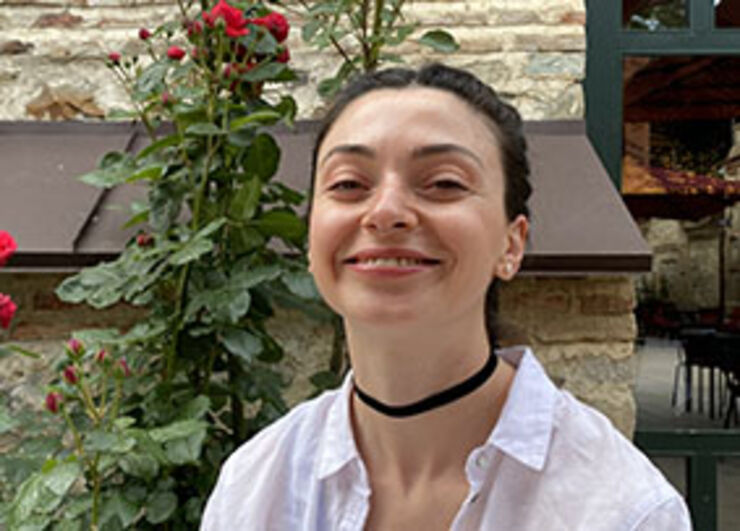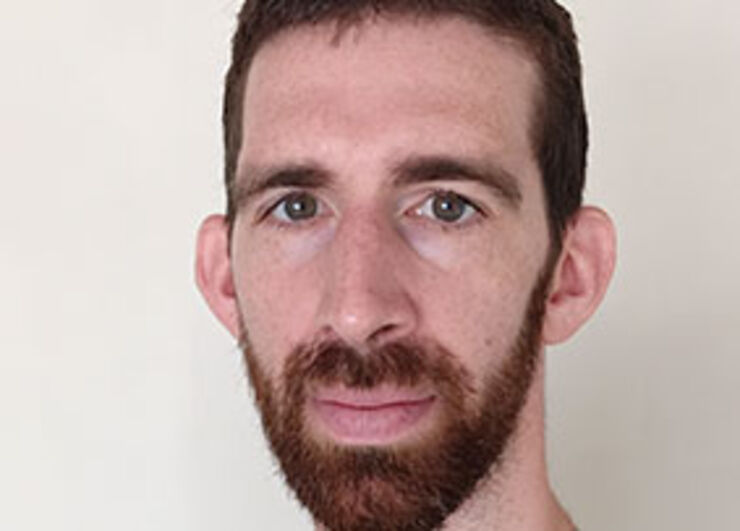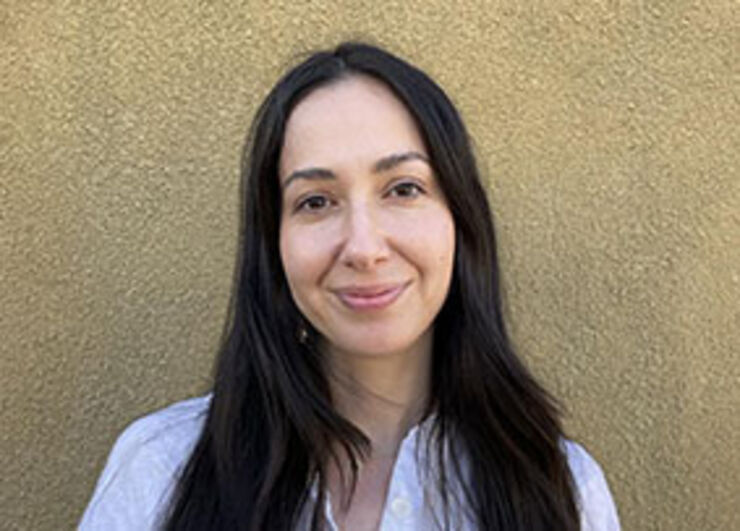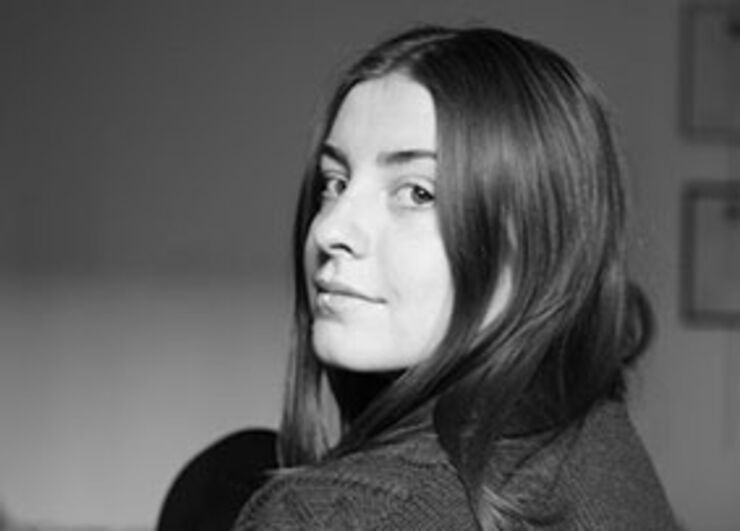Tamar Nadibaidze
Home Country: Georgia
Graduated: 2022
I have been working in the local civil society sector, encouraging inclusive policy-making and social dialogue between internally displaced people, ethnic minority groups, local communities and public servants; and supporting the capacity of state and commercial entities to counter the proliferation of components of the Russian advanced conventional weapons. Looking at the EMS program in retrospect, I appreciate that it sensitized me to an intersectional approach and critical theory as a methodology for seeing the world. More than that, Remeso is a fond memory of a space that nourished my imagination for alternative practices and supported with theory. Now, even as the real world may come with limited ruptures for attempting aspirations into work, the friendships I made throughout the program and the professors I came to meet serve as a continued source of support.
Antoine Bodo
Home Country: France
Graduated: 2023
Since graduating from the EMS master’s programme, I have been working with an NGO fighting against the exclusion of older adults in Ireland. I am designing further education programmes facilitating access to digital learning. Although not directly related to the field of migration (even though a lot of our learners have a migration background), I still apply a lot of the knowledge I acquired during the programme to my work daily. Older adults face discrimination and exclusion and are stigmatised based on prejudices in a way not too dissimilar to the situation faced by migrants. The creation of curricula thus requires making informed decision on the content to be included as well as its presentation to offer everybody equal opportunities. The EMS programme was a great opportunity to increase my understanding of discrimination and exclusion and the many ways in which it takes place. The critical approach of the programme was a great allows for the a greater understanding of exclusion in general and is proving extremely useful in my current role.
Froso Terzoglou
Home Country: Greece
Graduated: 2020
The REMESO master’s programme offered me a critical way of thinking and an insight into global and local challenges and changes. During my studies, I met great people from all over the world, enjoyed doing an internship and then after graduation worked in multicultural classrooms in Sweden. Currently, I work as a PhD student in Child Studies at Linköping University, as I wanted to combine my interest in learning more and teaching. In my research, I am looking at how young students’ emotions are shaped, among others, by culture and society and my master’s studies, both in gender and migration, have given me wide background knowledge in the field.
Matilde Veglia
Home Country: ItalyGraduated: 2022
Since graduating from EMS, I have been working in publishing as a freelance translator. My most exciting project has been the co- translation of Against Borders, The case for abolition by Luke De Noronha and Gracie Mae Bradley (Verso, 2022) to Italian. With Associazione Frantz Fanon in Turin, we are developing a project focusing on structural violence and discrimination within the housing sector. Aside from their clinical work in the field of ethno-psychiatry, we are participating in the constitution of a network of associations on the local level to coordinate and promote monitoring actions and mobilization within the civil society against marginalization, violence, and the tightening of policies with regards to migration, illegalization, detention in CPRs, and accommodation programs. The EMS program has provided me with a variety of meaningful encounters on both the theoretical and personal level. The educational environment and mentoring I have experienced over the two years have helped me to identify research and teaching as my core passions and contributed to discovering my principal interests, preferred methods and frameworks, shaping the way I envision doing it in the future.